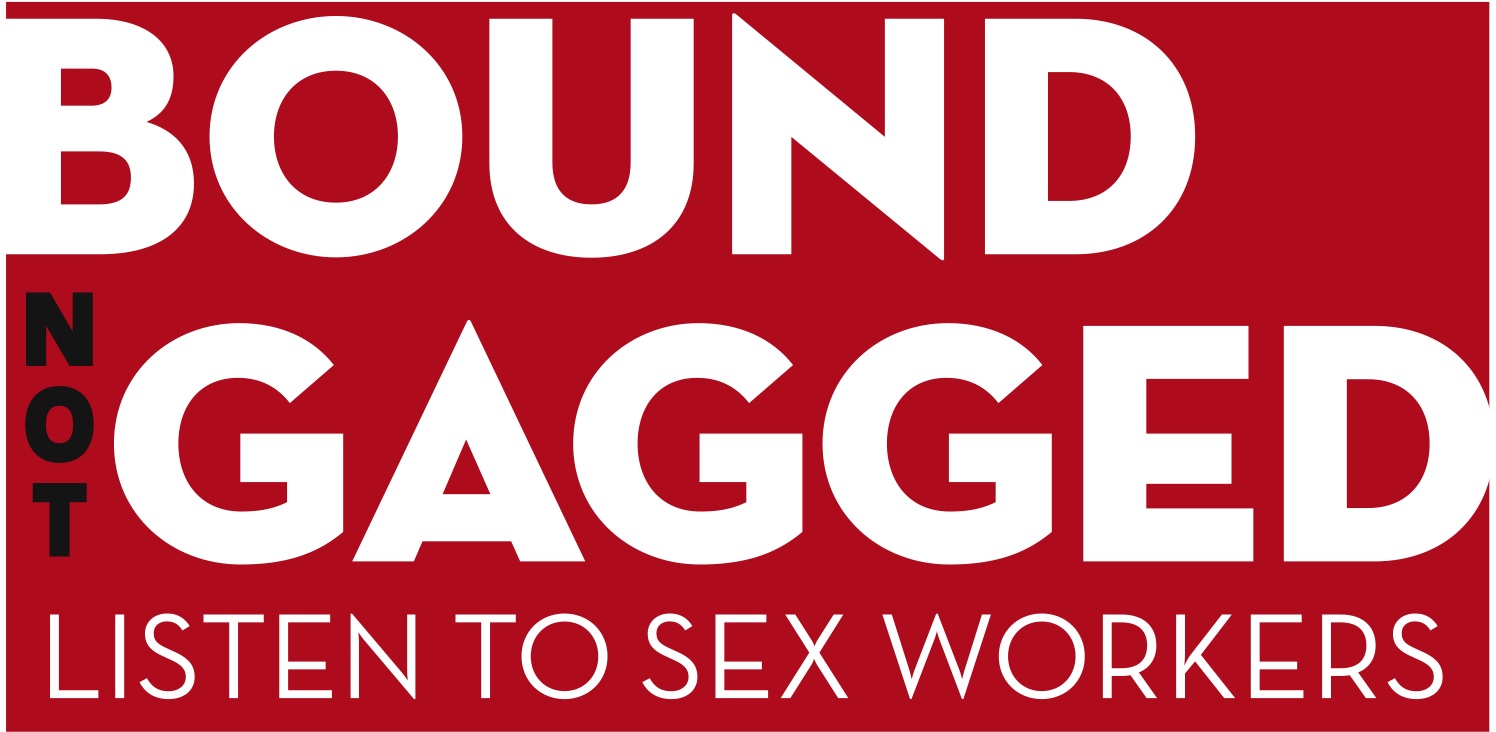Hi everyone, myself and a few friends of mine that have a bunch of outdoor (street-based) sex work experience decided to do some training for all of you that are interested in the street-based economy, and how to offer support.
Specifically we drafted two documents, How to be an ally to outdoor(street based) sex workers and how to outreach to outdoor (street based) sex workers, the short version.
My favorite is the how to be an ally document, and it’s short, so I’ll repost that here below. This is not intended to replace the more general version sex workers put together earlier, but to augment it:
- Don’t push yourself on me in the name of help if I don’t want or need it. I have the ability to make decisions for myself. Honor my decisions even if you don’t agree with them.
- We have lots of people offering us “help,” but most are NOT actually meeting our needs. Meet my needs, not your desires. If you don’t know what my needs are, it is ok to ask.
- If you offer help and I accept, follow through on your promises. Do not lie to us or give us a false sense of hope. Be real about how much you can and will help.
- If you offer help, I want it to address my immediate needs! Not something that will help me 5 years from now. For instance, if I don’t have food, a place to sleep or my fix, then scholarships for school have very little relevance in my life.
- Some people are happy in this life. Thinking I require help OUT of this life is bad thinking on YOUR part.
- Don’t assume I’m strung out and need help kicking. Maybe I’m not strung out or maybe I have no desire to quit.
- Don’t pity me or feel sorry for me. Remember, anyone can end up in a rough place in life. When someone pities you, it makes you feel “less than” or ashamed of your lack of ability to get yourself out of the rough situation you found yourself in. Remember, it could be you standing here working next to me later!
- If you want to help, make yourself available and perhaps offer options. Let me choose the type of help I want/need, not what you think I need.
- Don’t judge me! If you are judging me, you are not in a position to help me.
- Don’t tokenize me. Street-based workers come from all different races, genders, religions, socio-economical backgrounds and education levels. Don’t assume that just because “Pretty Women” is your favorite movie, you know me.
- Be patient if I need help. Chances are I’m in survival mode, and you need to respect where I am, not where you want me to be.
- Respect me. Don’t be afraid to look me in the eye.
Filed under: Activism, Allies, Harm Reduction, Law Enforcement, Neighborhoods, outdoor (street-based), Sex Worker Rights, Trans Workers, Wisdom of Whores | 2 Comments »




